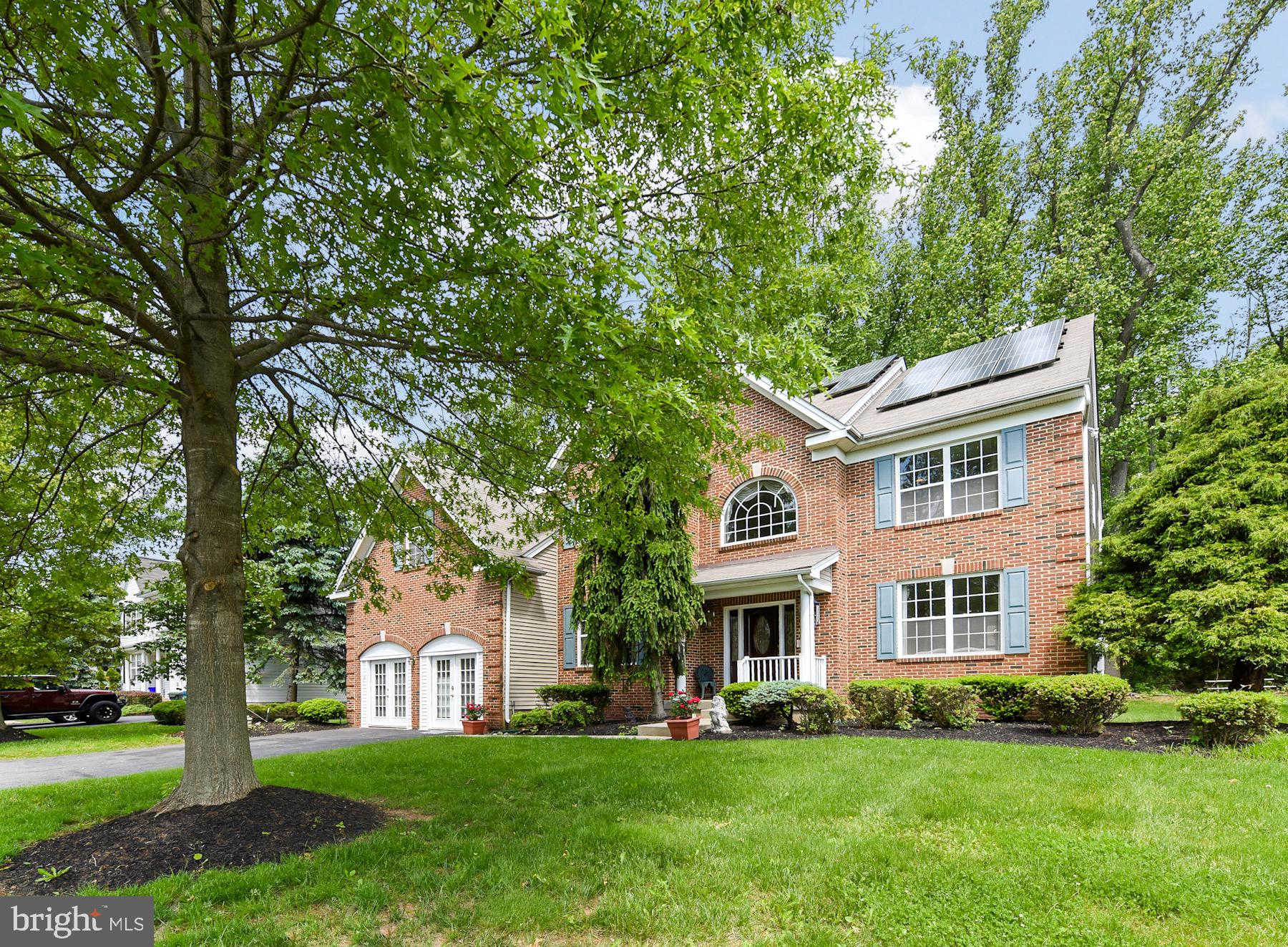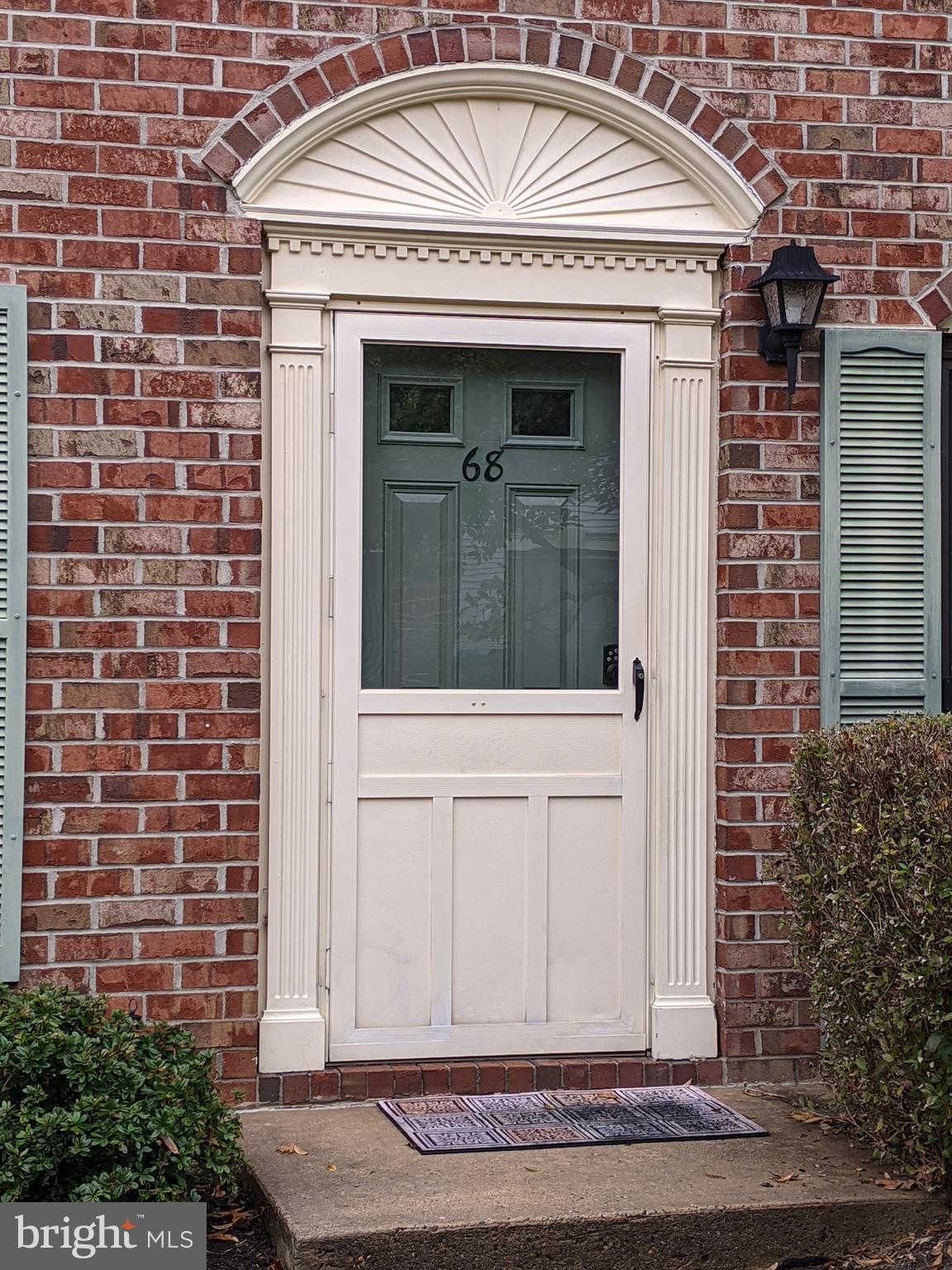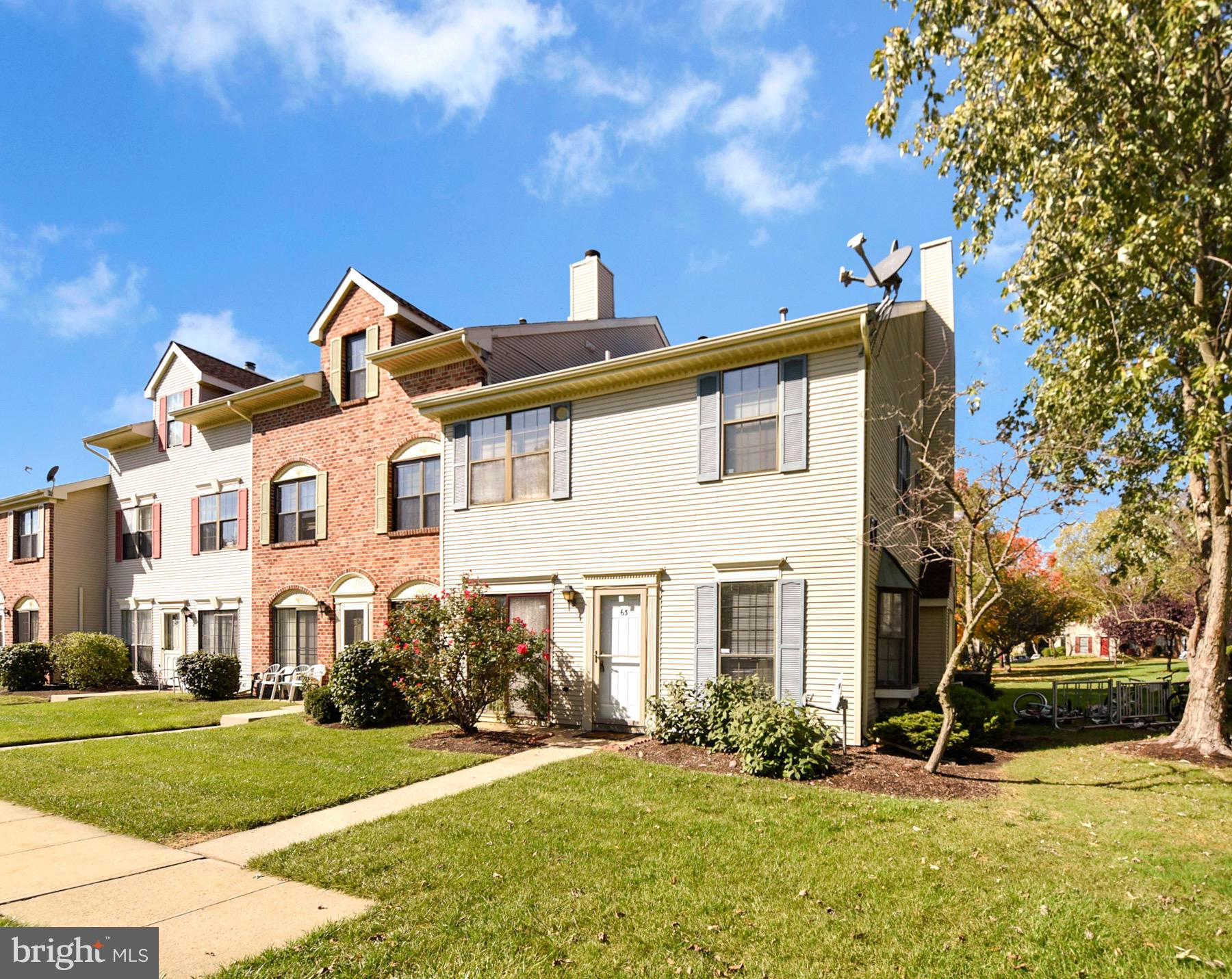
Photo by Donna Kirby via Pixabay
Most states offer a homestead exemption for your primary home. The exemption protects some or all of the equity in your home from creditors should you have to file bankruptcy or if you die. However, some states, including New Jersey, do not have homestead exemption laws.
How the Homestead Exemption Works
You must apply for a homestead exemption if your state offers it. If you move, you must re-apply. The homestead exemption covers only your primary residence. If you own a second home, even if you are the only one who uses it, you cannot get the homestead exemption for the second home.
The exemption protects the equity in your home. For example, if your primary residence is worth $100,000 and you owe $95,000, you have $5,000 in equity. If the state offers a homestead exemption of $5,000, all of the equity in your home is covered and creditors cannot force you to sell your home if you are in bankruptcy or if one of the owners dies. However, if you owe $50,000, and you have $50,000 in equity, creditors can force you to sell your home. But, you will get $5,000 after the sale of your home to cover the homestead exemption. Fifty-thousand goes to pay off the house and the balance of about $45,000 – closing costs and other fees may be paid out of that amount – goes to pay off your debts.
Saving Your Home in New Jersey
Because New Jersey doesn’t have a homestead law, creditors can make you sell your home if your spouse passes and their estate has debt. However, if you file bankruptcy, you can use the federal exemption. This amount changes, so always check. For 2019, the federal homestead exemption is $15,000. While this exemption won’t protect you from creditors that come after your spouse’s estate, it will protect you from creditors during a bankruptcy.
Thus, when you file bankruptcy, the automatic stay goes into effect, which means that all creditors must stop collection attempts. Creditors cannot even call you once you notify them that you filed for bankruptcy. Refer the creditors to your attorney.
After you file, you will have to attend a 341 meeting with the bankruptcy trustee. A 341 meeting is also called a meeting of creditors. Your creditors have the option to show up and ask the trustee to lift the stay. If the trustee agrees to lift the stay, he or she gets a court order from the bankruptcy court. Once the court files the order, the creditor or creditors who had the stay lifted can now attempt to collect what you own them.
However, if you have $15,000 or less in equity in your home, the court cannot force you to sell to pay your creditors. If you have more than $15,000 in equity, the court might force you to sell your home, but you will get $15,000 that the creditors cannot touch.
Always seek professional help if you cannot pay your bills so that you have a chance to save your home.







